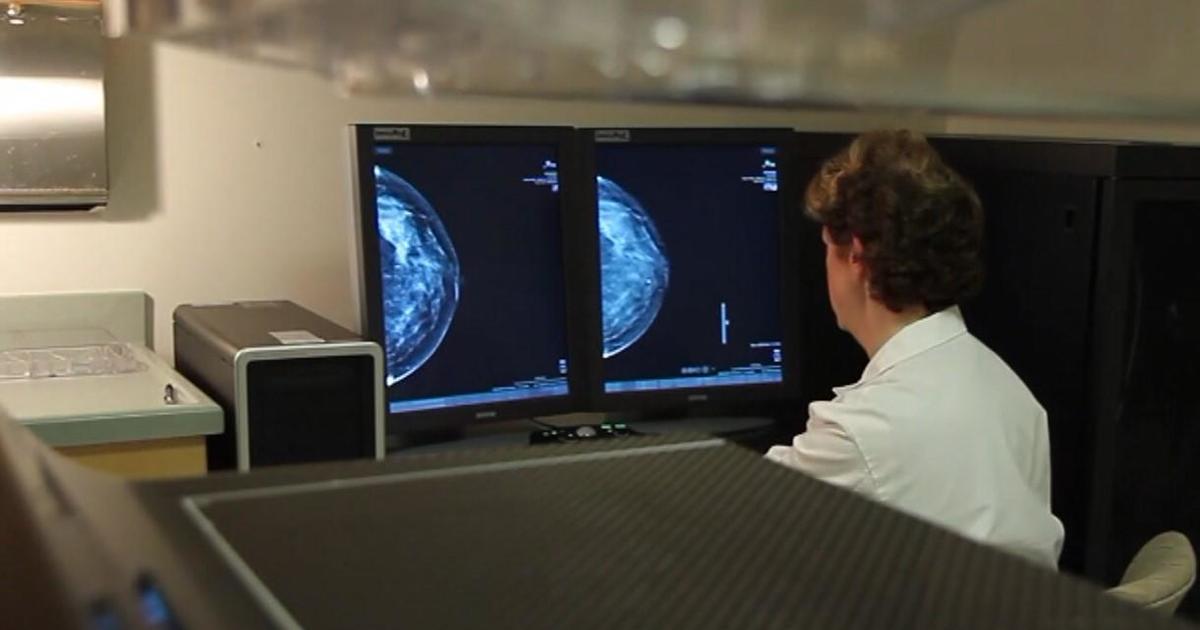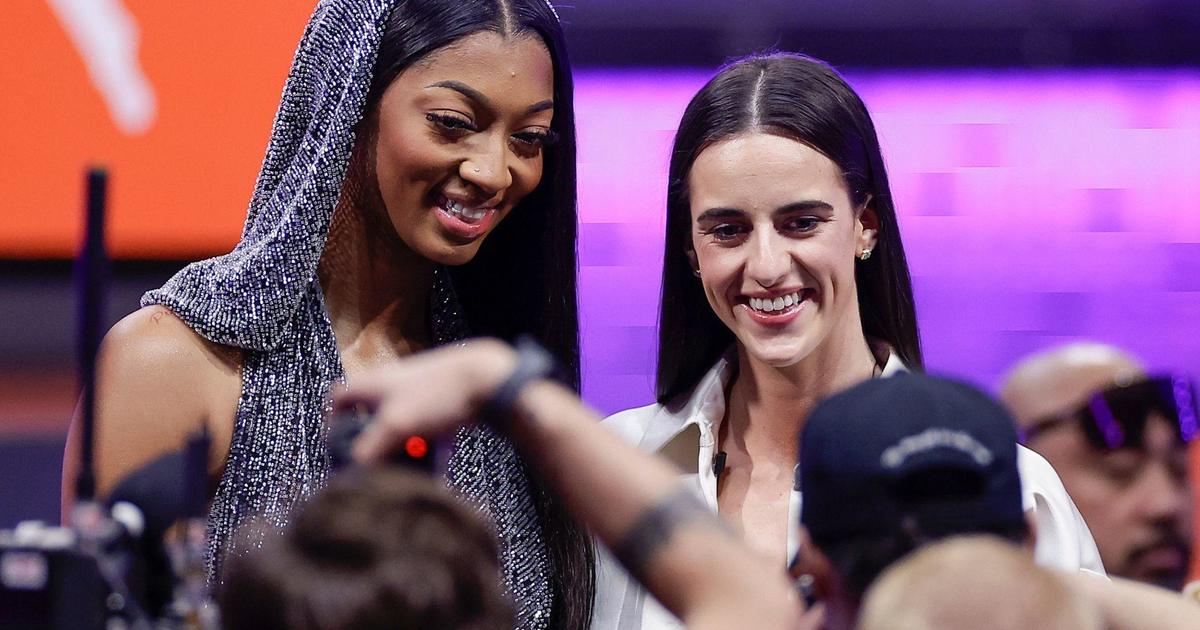Breakthrough Pig Heart Transplant Performed In Baltimore Could Help Quell Organ Shortage, Saving Lives
BALTIMORE (WJZ) -- For the first time in history, doctors with the University of Maryland School of Medicine successfully transplanted a pig heart into a patient.
The experimental surgery, which has no guarantee to work, was the only option for David Bennett, 57, who was diagnosed with terminal heart disease. The patient was ineligible for a human heart transplant. He also didn't qualify for an artificial heart pump due to his life-threatening arrhythmia.
Before the procedure, Bennett survived for weeks off of a heart-lung bypass machine, which left him bedridden.
"He said 'I don't want to die' and he said 'if I do, maybe you'll learn something to help others,'" said Dr. Bartley Griffith, a professor of surgery at the University of Maryland.
The surgery was performed on Friday, which took about 7 hours. Three days later, doctors confirm Bennett is doing well.
"We seem to be past what we consider the hyper-acute rejection phase that we would have normally seen in an animal organ that wasn't specially treated," said Dr. Griffith.
Xenotransplantation isn't a new concept but this version of it is. Gene-editing was used to knock out certain features of the pig heart, including 3 genes responsible for producing antibodies that cause rejection, according to Dr. Muhammad Mohiuddin with the University of Maryland School of Medicine.
The Food and Drug Administration, which oversees xenotransplantation experiments, gave the green light for the procedure under a "compassionate use" emergency authorization. This is available when a patient has a life-threatening condition
"If this becomes readily available and are allowed to be put into patients, all of these patients could receive a heart or any other organ from these modified pigs and be able to save lives," said Dr. Mohiuddin.
There is a significant shortage of human organs donated to transplant. The federal government's organ donor site confirms 106,657 people are on the national transplant waiting list right now and about 6,200 people die each year before getting one.
"The goal is to solve the shortage of organs and the crisis that exists across the nation," said President and CEO of the University of Maryland Medical Center, Dr. Bert O'Malley Jr.
Bennett will be closely monitored in the coming days and weeks to determine whether the transplant gives him the lifesaving benefits needed.



